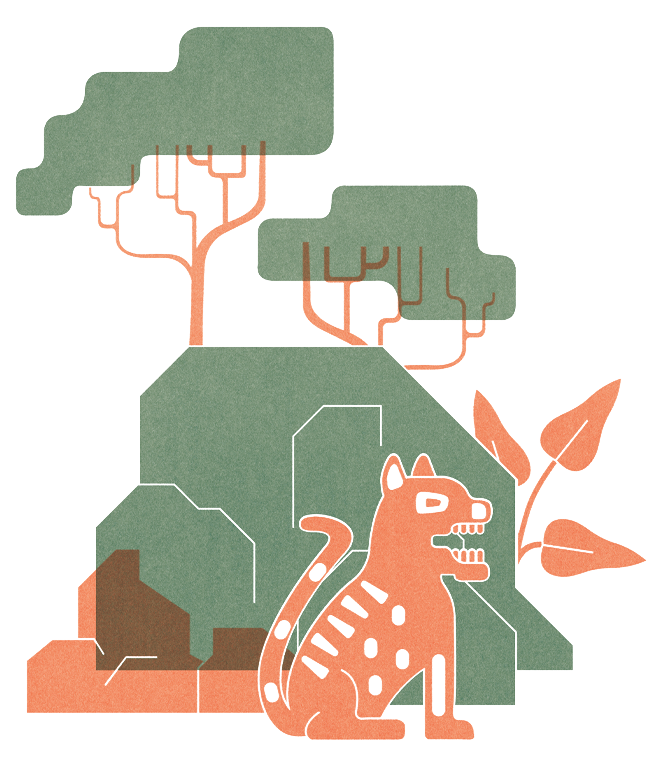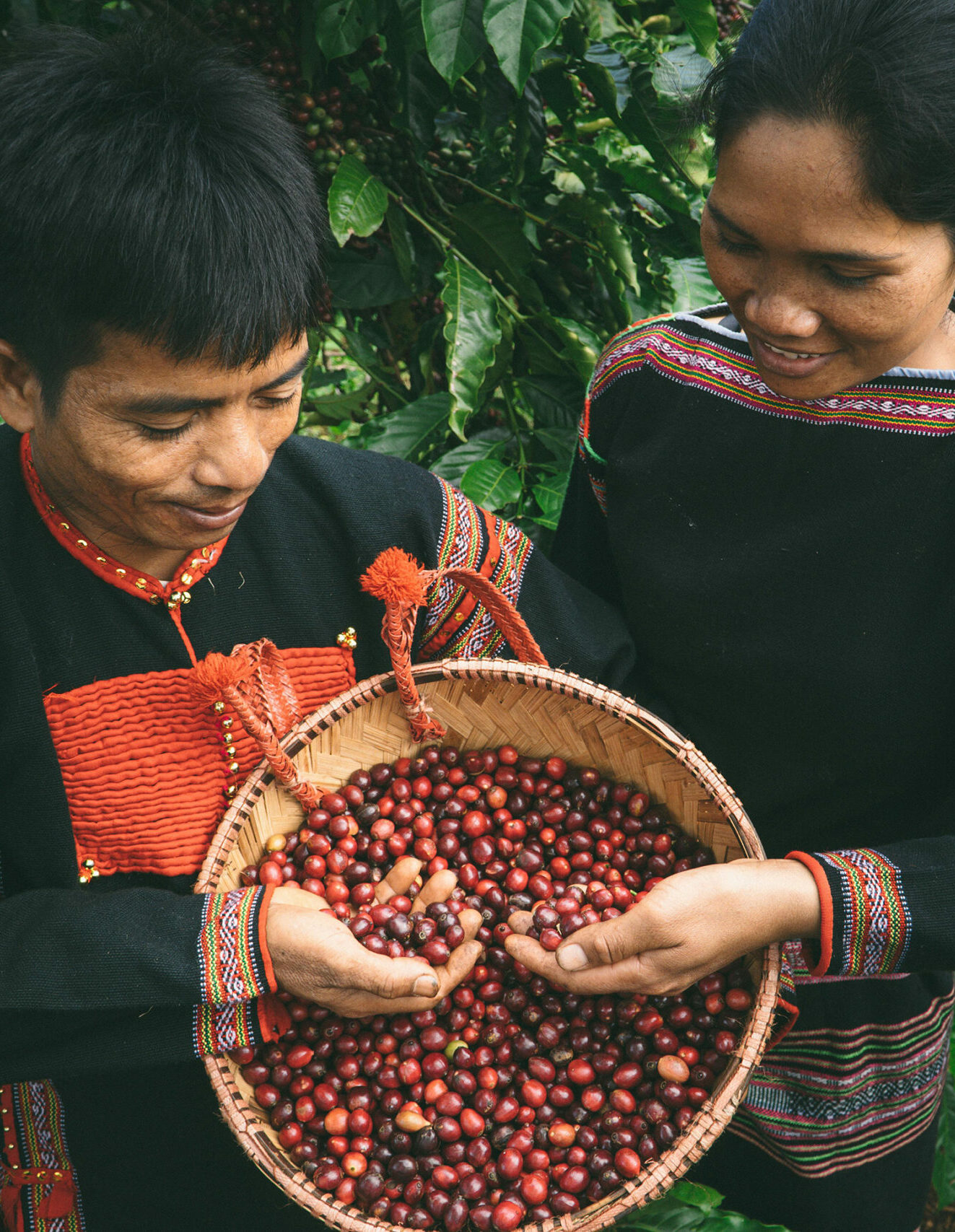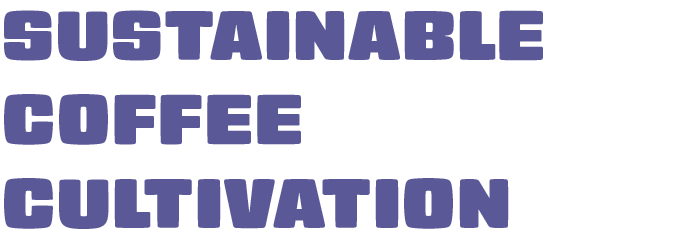
At Condor, we believe that real coffee enjoyment begins where respect and responsibility grow – directly with the people who grow it. That is why we are committed to more than just fair trade with targeted programmes that noticeably improve the everyday lives of our local partners.
Whether sustainable cultivation, fair payment, the development of educational structures or the strengthening of social communities – each of our projects is designed to create long-term prospects and promote coffee culture holistically.



In a small village in the Peruvian Andes, where the mist gently shrouded the mountains and the air was fresh and cool, lived Ben and Sina, two coffee bean farmers who tended their fields with passion and dedication. Both had planted their coffee plants just two years ago when they decided to take the long but rewarding path of coffee production.
Ben, who had been working in agriculture for years, had helped Sina prepare her land back then. She was new to the job and had little experience, but an unwavering enthusiasm that immediately infected him. Together they had selected the best varieties of Arabica coffee beans that could thrive in the higher altitudes of the Andes.
It was a difficult start. The first few months were characterised by rain and sunshine, the soil had to be nurtured and there were repeated setbacks. But Ben and Sina held on to their dreams. Their fields grew slowly but steadily, and after two years of tirelessly tending to the plants, the time had finally come: the first harvest was imminent.
That morning, as the sun rose over the mountains and turned the sky a soft golden colour, Ben and Sina stood together in their field. Their eyes glanced over the first ripe coffee cherries, which were now shining in a rich red colour.
‘Let’s pick the best ones,’ she said as she carefully plucked a cherry from her bush. Ben showed her how to pluck the ripe cherries from the branches without damaging the plant. It was an art that required patience and experience, and Sina learnt quickly.
They spent hours in the field, filling baskets with the exquisite coffee cherries, warmed by the sun and caressed by the fine rain of the Andes. The day was hot, but their hearts were filled with pride and joy.
When they had finally collected enough, they went to their small processing station. It was the moment when their coffee cherries would be taken out into the world to become the drink that so many people loved. The aroma of freshly harvested coffee beans filled the air and Ben couldn’t help but give Sina a look of satisfaction.
‘And now, Sina, our coffee will conquer the world,’ he said with a mischievous grin. Sina laughed and nodded. She knew that the journey was only just beginning – the journey of roasting, of selling, of discoveries. But at that moment, everything felt perfect.
‘Yes, but this first step… it’s special,’ Sina said as she put the last cherries in the basket.
And so ended the first day of the harvest for Ben and Sina, not just as farmers, but as the first makers of a coffee that would travel from the Andes of Peru to the rest of the world. It was the beginning of a long journey that they would embark on together – and they knew that it wasn’t just about the coffee, but also about the memories they had created together in their fields.

Our programme for sustainable coffee cultivation has a clear goal: to support coffee farmers in managing their soils, plants and resources in such a way that they can work in a profitable, environmentally friendly and climate-resilient way in the long term – now and in the future.
- Together with local partners, we impart knowledge about
- Soil management and reforestation
- water management and erosion control
- organic and resource-conserving cultivation methods
- the avoidance of chemical pesticides and monocultures
Through training, on-site support and investment in infrastructure, we promote cultivation that protects the environment, secures yields and strengthens resilience to climate change.
For us, sustainability means growing coffee in harmony with nature – and with the people who live from it.



Education is the key to long-term development – this also applies to coffee cultivation. With our education and social infrastructure programme, we make targeted investments in the future of the communities we work with.
We support projects that give children and young people access to school and training, while at the same time creating structures that improve local life – for example by:
- Renovating and equipping schools
- Scholarships for young people
- Training programmes for adults in agriculture, finance and entrepreneurship
- Building community centres and health stations
These initiatives are developed in direct cooperation with local organisations and farming families, because only those who know the local needs can achieve real impact.
We believe that promoting education not only strengthens individuals, but entire communities.
